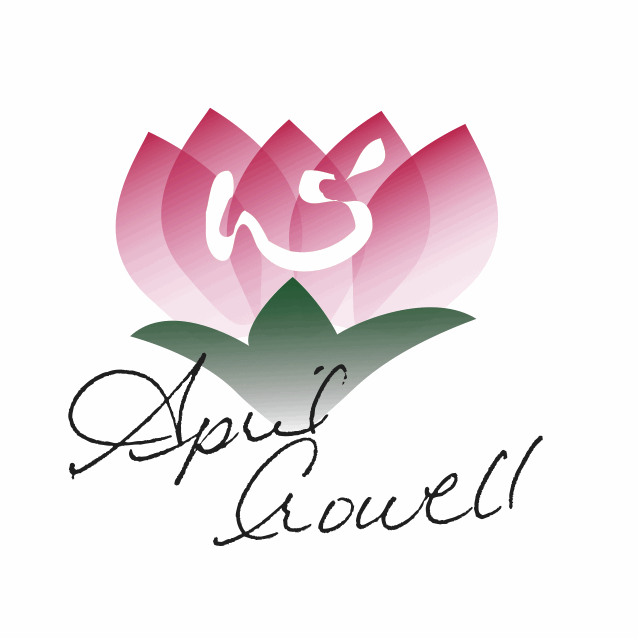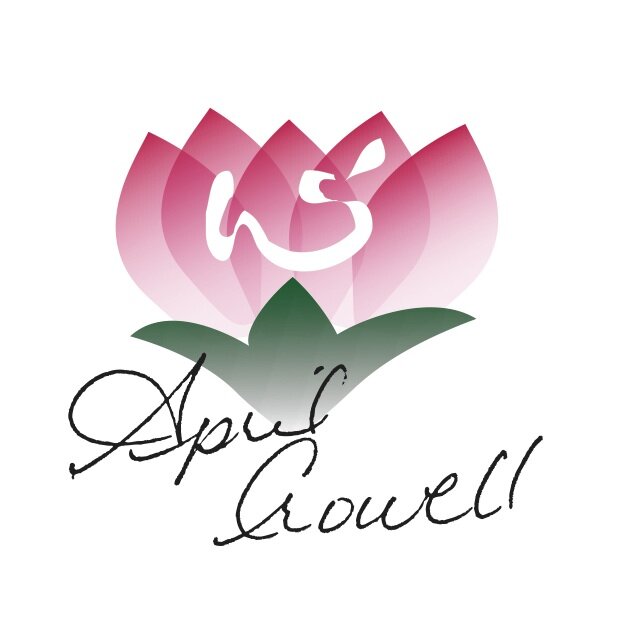Coffee Substitutes - Getting To Know Your Grain Beverages
Why would you ever need to substitute something for your coffee?
That's the first question that came to mind, right? After all many people love their coffee, it is warm, gives us a jolt of energy, helps us push through the day - or so it seems. For many, this is where the problem arises - we may be relying heavily on a very powerful food that is actually draining us in the long run.
To help explain why we love coffee, let's take a look at our energy (Qi) and Yang. In an ideal world, we eat and rest appropriately - getting a good night's sleep and we nourish ourselves with vital foods. This allows our body to transform food into vital essences that we use as energy throughout the day. When done well, our bodies work off of what we are making each day and we leave our resources (Jing, essence) in the Kidneys for times of emergency. It's like a savings account that you use only when necessary. When we live in a way that doesn't support this process, we deplete first our Qi, then our Yang and Yin, and then we dip into the savings account and withdraw extra Jing to keep us ticking along. There is a catch, you are born with a certain amount of Jing and that it - when it's gone we are done--poof, so long...
We cannot increase our Jing.
It is allotted to us based on Mom and Dad's health at the time of conception and activates at the time of birth. Some have very strong Jing, some very weak, but it's what you do with what you have that matters most. Poor life habits, excessive activity, illness and an overindulgent lifestyle deplete Jing.
We can, however, guard and nourish our Jing through moderate living, good eating, appropriate rest and exercise, Qigong, yoga and the like.
Fabulous, what does this have to do with coffee?
Coffee is energetically a bit of a conundrum. It gives us a huge flash of warmth (Yang), Qi movement and vibrancy - but it can leave you weaker, cold and exhausted in the long run.
First, there is caffeine. Although, caffeine is a component of coffee and I prefer to view food as a whole, it is important to take a clear look at caffeine here. If your relationship to coffee is about having the caffeine to keep you going, you are likely exhausted, not resting well or even on the path to adrenal burnout. The energy derived from a jolt of caffeine isn't sustainable, it does not nourish or replenish the body in anyway, rather it is kind of like strangling the adrenal and Kidneys to eek out a bit of Qi. The caffeine in tea can behave similarly, but teas often have other energetics that often replenish the system.
Second, coffee is bitter. It is one of the few bitter foods that Americans eat with regularity. Bitter - moves Qi, which is great, if there is Qi to move. If you are drained, exhausted and depleted, you are pillaging your stores.
Third, coffee is oily. It's rich and congesting in the long run, and many of these oils can play havoc with damp health conditions including: fibrocystic breasts, polycystic ovarian syndrome, high blood pressure, high cholesterol, anxiety, palpitations and other damp, congestive conditions.
Yes, coffee has some benefits - it gives you a boost, it sharpens your senses and awareness for a time, it increases drive. All fine and good, if you aren't overindulging to the point that you are draining your system. It's wise to know why we ingest a food, especially a very strong food that can have serious implications on our health.
In Asian medicine (Chinese medicine) terms coffee strongly stimulates the Liver Qi and causes Liver Yang to rise. It depletes Kidney Yang and Jing. It heats, stimulates and moves rapidly and then leaves the body cold and Yang deficient in the long run. Crud..... Read more on Yang Collapse.
But I love my warm cup of coffee in the morning. A cup here or there may be fine. A pot a day is a problem. Take a serious look at your relationship to coffee, if you "require" it or have serious health concerns you may need to look at reducing or cutting out coffee. Grain beverages can be fantastic substitutes.
What are roasted root and grain beverages?
Roasted grain and root beverages are made from grains, sometimes greens and dried fruits. They are roasted and then powdered to form an instant beverage that can be brewed like coffee. Grain beverages came about following WWII when coffee and tea were in short supply in Eastern Europe. Producers turned to abundant, hardy grains like rye and barley. Once roasted they created a drink robust in flavor and color like coffee. However, they contain no caffeine and they actually provide nutritional benefits to your body based on the foods they are made from. That's right, these guys replenish and nourish rather than deplete.
Types of roasted root and grain beverages
There are several different types of roasted grain beverages. Some are just grains, usually barley and rye, some include roasted roots like dandelion or beet, others include cooked and desiccated fruits like figs and dates. All roasted grain beverages have a bitter flavor which stimulates Qi movement. They all nourish Blood and replenish fluids and essences. They invigorate the Liver and nourish the Kidneys. From there, each individual product has other energetics based on the added ingredients. Let's take a look.
Inka — is a mixture of barley, rye, chicory, and fig, Inka is a personal favorite. The barley and rye are warm and draining, while the chicory provides energetic anchoring and the fig adds sweetness.
Pero — is a mixture of roasted barley, malted barley, chicory, and rye. Pero is very similar to Inka, substituting malted barley for fig as the sweet flavor.
Roma — is a mixture of roasted barley, roasted barley malt, and roasted chicory. Roma is unique in this list in that it is freeze dried to give a look and feel like instant coffees. Roma also has the most consistent flavor regardless of amount of beverage powder used. I sometimes use a little Roma in brownies or cookies for a mocha like flavor.
Cafix — is a mixture of barley, chicory, malted barley, figs, and extract of red beets. Builds Blood well.
Teeccino — caters to the cappuccino lovers. Roasted barley, carob, almonds, dates and vanilla are among just a few of the flavors in this popular line. Loaded with flavonoids and antioxidants. Teeccino's is usually not in an instant form, leaving you to do your preferred brew method. I like a French Press and my herbs, especially my rosemary, loves the grounds.
I won't try to sell grain beverages as coffee. They aren't, but the grain beverages can offer a similar quality and experience for those wishing to add a nutritious and warming drink into their life. My daughter, Clara, sometimes adds in ginger crystals for some extra heat.
Look for grain beverages in the tea and coffee aisles of your grocers. Add a little steamed cream, almond or milk of choice. A little unsulfured Blackstrap molasses with strongly build Blood, countering anemia.
Cheers,
April







